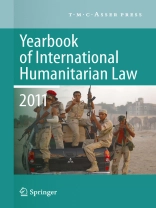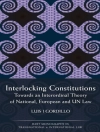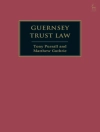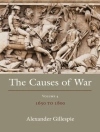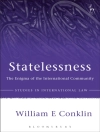The Yearbook of International Humanitarian Law is the world’s only annual publication devoted to the study of the laws governing armed conflict. It provides a truly international forum for high-quality, peer-reviewed academic articles focusing on this crucial branch of international law. Distinguished by contemporary relevance, the Yearbook of International Humanitarian Law bridges the gap between theory and practice and serves as a useful reference tool for scholars, practitioners, military personnel, civil servants, diplomats, human rights workers and students.
Daftar Isi
Evaluating the Use of Force During the Arab Spring.- Beyond the Grave Breaches Regime: The Duty to Investigate Alleged Violations of International Law Governing Armed Conflicts.- Domestic Investigations of Suspected Law of Armed Conflict Violations: United States Procedures, Policies and Practices.- Splendid Isolation: International Humanitarian Law, Legal Theory and the International Legal Order.- Additional Protocol I.- The Year in Review.- Operation Unified Protector and the Protection of Civilians in Libya.- The ECt HR’s Al-Jedda Judgment: Implications for IHL.- The Killing of Osama bin Laden and Anwar Al Aulaqi: Uncharted Legal Territory.- Protecting the ‘Helpers’: Humanitarians and Health Care Workers During Times of Armed Conflict.- International Humanitarian Law A Decade After September 11: Developments and Perspectives.- Perspective and the Importance of History.- Can the Law of Armed Conflict Survive 9/11? ‘Terrorism’ as a Central Theme in the Evolution of Maritime Operations Law Since 11 September 2011.- Temporality and Terrorism in International Humanitarian Law.- Legacy of 9/11: Continuing the Humanization of Humanitarian Law.- The Mottled Legacy of 9/11: A Few Reflections on the Evolution of the International Law of Armed Conflict.- Documentation.- Classification Scheme.- Bibliography.
